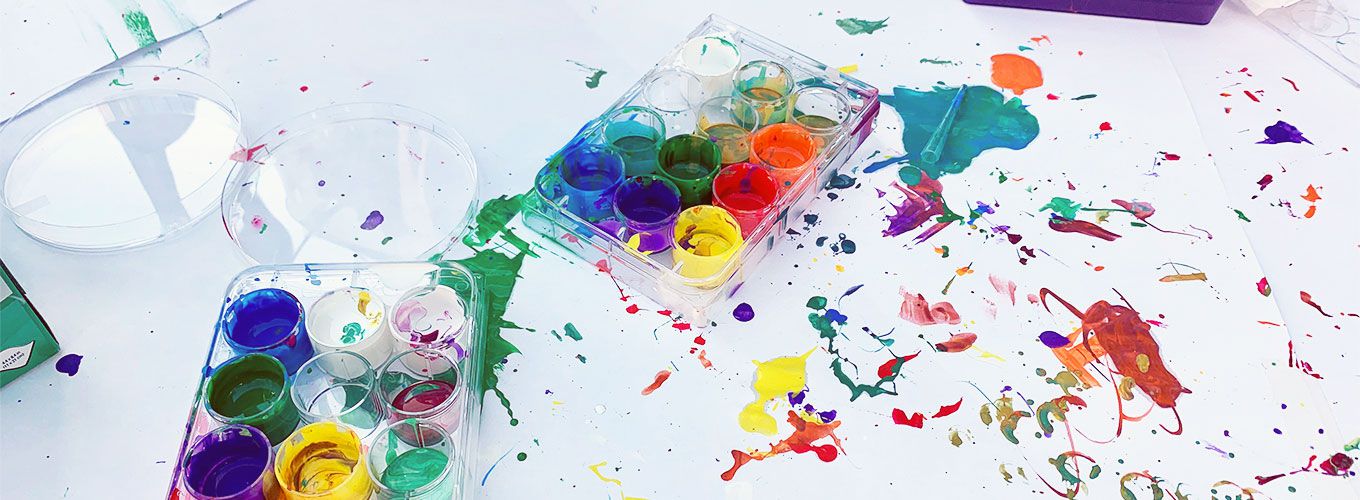
CRISPR, Candy, and Cassava: IGI’s “Be a Scientist!” Day
On Sunday, November 10th, families came from as far as Santa Rosa and Monterey to “Be a Scientist” for a day! 300+ visitors stopped by our community science event in Berkeley, which featured a variety of hands-on activities and experiences for engaging with DNA and CRISPR genome editing technology.
“I really appreciated getting to talk to kids about how genetic mutations aren’t necessarily bad and its the variation inherent in humanity that makes us such a cool species!” – Matias Kaplan, volunteer
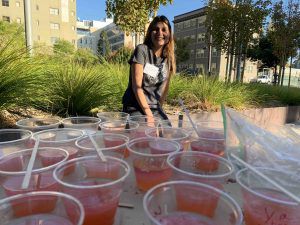 At one station, visitors learned that DNA is the hereditary molecule shared by all organisms, and extracted DNA from strawberries using dish soap, rubbing alcohol, and salt. At another station, they learned about base pairing, and recreated the iconic DNA double helix using licorice, marshmallows, and toothpicks. At other stations, visitors explored CRISPR genome editing, learning about its history, biology, applications, and pondering ethics questions.
At one station, visitors learned that DNA is the hereditary molecule shared by all organisms, and extracted DNA from strawberries using dish soap, rubbing alcohol, and salt. At another station, they learned about base pairing, and recreated the iconic DNA double helix using licorice, marshmallows, and toothpicks. At other stations, visitors explored CRISPR genome editing, learning about its history, biology, applications, and pondering ethics questions.
Visitors explored inside cells with CRISPR-VR, a Magic School Bus-style dive into the body of a person with sickle cell disease. In this VR experience, the user goes inside blood vessels and sees how the disease affects red blood cells, and then uses CRISPR to fix the DNA mutation. Beeke Wienert, an IGI postdoc, staffed the CRISPR-VR station: “I was generally quite amazed that kids that young would be able to grasp the concept of genome editing. One kid, maybe 7 or 8 years old, went through the whole thing and cured the patient. Then he asked, ‘So now that the CRISPR enzyme has cut, does it just go back to its normal state and can it then cut again?’ I mean, this is such a good question, fundamental enzyme kinetics!”
Jess Lyons, a Project Scientist at the IGI, taught visitors about cassava. Lyons and other IGI scientists are editing cassava to reduce the level of cyanide that naturally occurs in this staple crop, so it won’t require extensive processing to be eaten safely. “The food was just for display,” Jess said, “But it was very helpful to have it. Many people who do not think they have heard of cassava have heard of yuca, and especially with our California crowd, everyone’s had boba tea! People were engaged—they seem excited by the technology.”
Another activity involved giving visitors a limited number of coins. Then, they put coins into graduated cylinders to “vote” on how to spend research funds. Kevin Doxzen, a science communications specialist at IGI, said, “I was impressed by the thoughtfulness of young students. They were very cognizant of societal impact and weighing risk/benefit. A lot of people supported funding of gene drive research. A lot of them knew the global impact of malaria, which is cool because it’s easy to see all of this in a first world perspective, but malaria affects developing countries. Gene drive got funded the most, and then Huntington’s and sickle cell. People were for treating genetic diseases, but people were opposed to editing embryos for enhancement.”
Stanford grad student Matias Kaplan and science communicator Tyler Ford did a simple taste-test with visitors to see if they have a gene that makes them sensitive to bitter tastes. “I really enjoyed getting to run the test with families,” said Matias. “It was great to see how genetic variation could occur within a family, how gene editing of taste might work.”
Other activities included painting with pipettes, touring a research lab, using iPads to play our Phage Invaders game and explore our augmented reality app CRISPR-3D, making skeletons out of cotton swabs, looking through microscopes, making jewelry out of research equipment, and dressing up like a scientist to take photos!
We thank all of our visitors and volunteers for making this event such a blast! One of our visitors said, “[The activities] were interesting and I haven’t done them in other places like science classes at school—they were new experiences.” Another confessed, “I ate the candy afterwards.”
–
If you’re an IGI member interested in volunteering for future outreach events or if you’re not in the IGI but want to discuss developing or supporting educational projects, please contact igi-education@berkeley.edu.
You may also be interested in
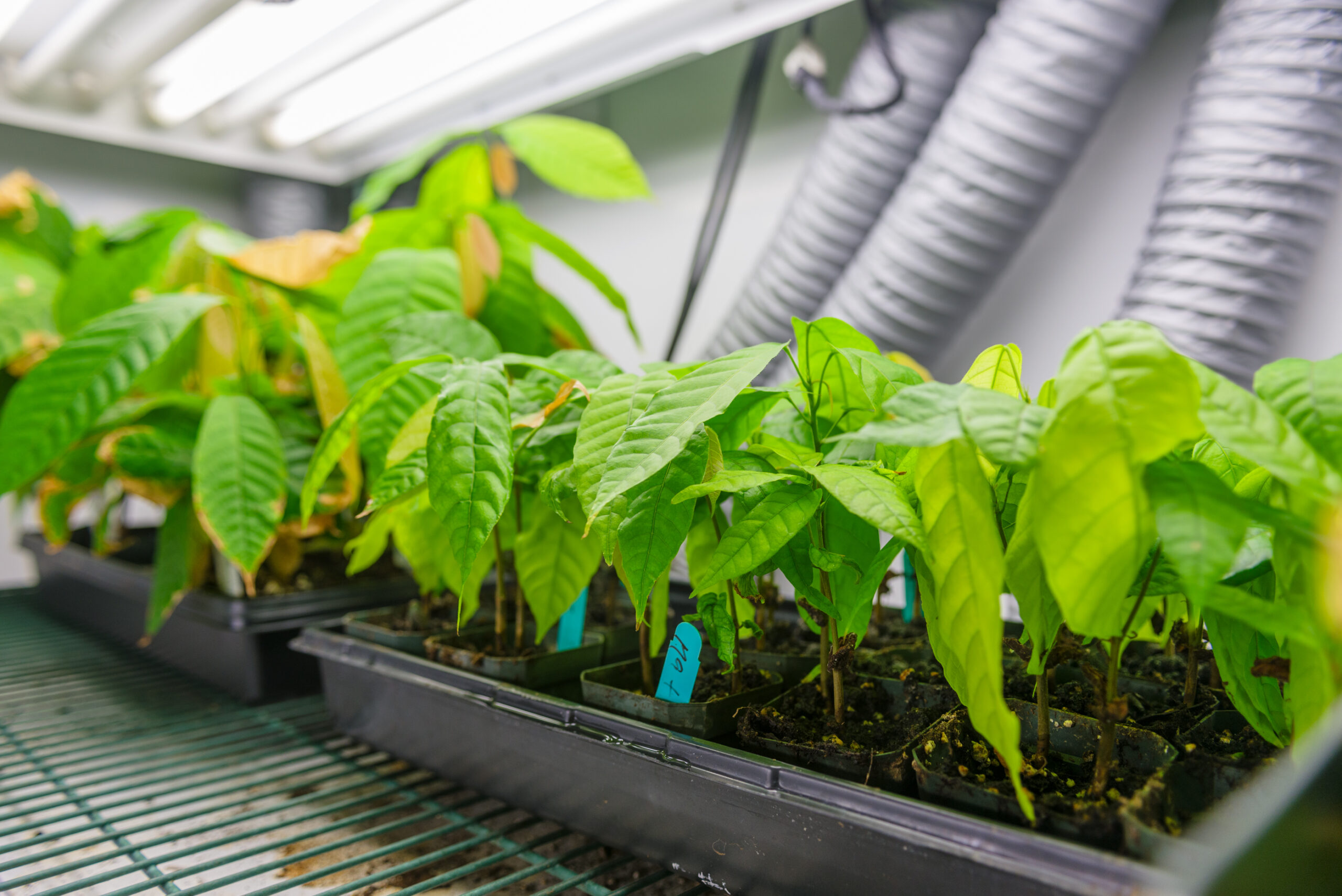
Wolf Prize Laureate Brian Staskawicz on 40 Years of Plant Immunity Research
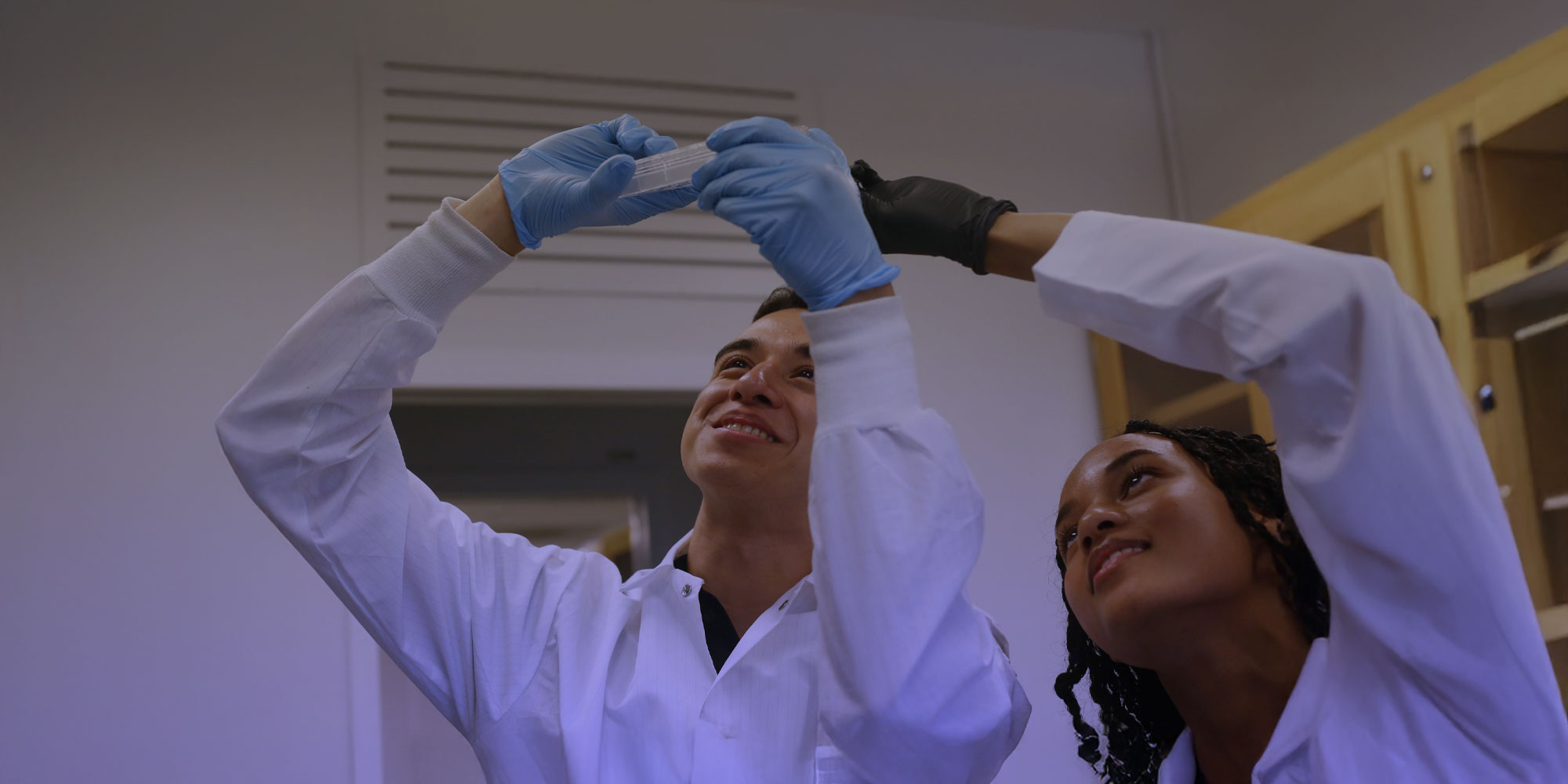
Announcing the Rising Stars Program: A New Collaboration Between the IGI and Historically Black Colleges and Universities
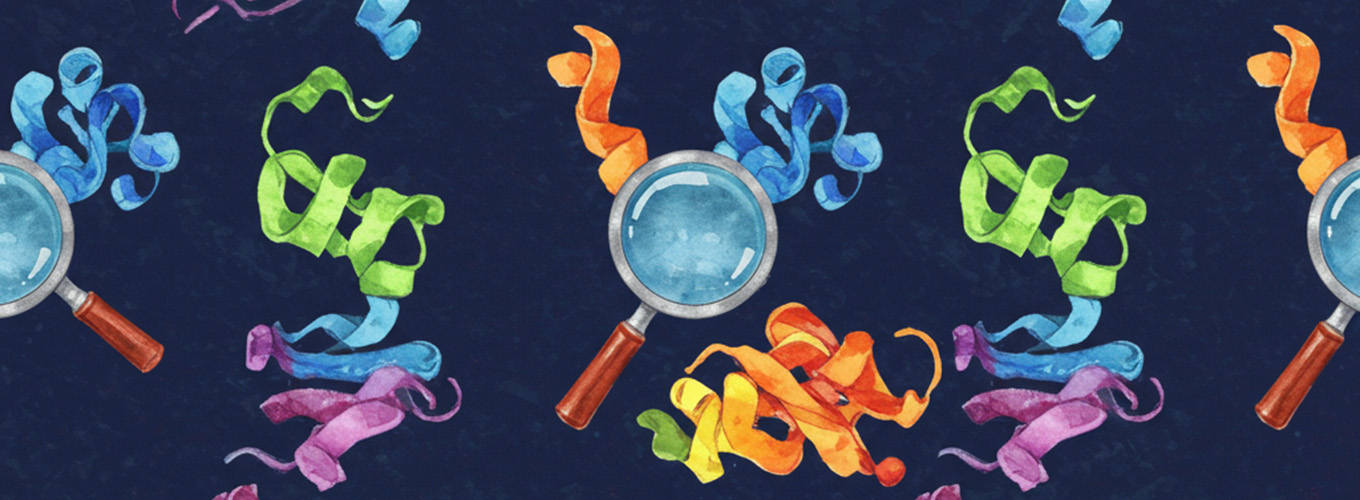
Breakthrough Method Enables Rapid Discovery of New Useful Proteins
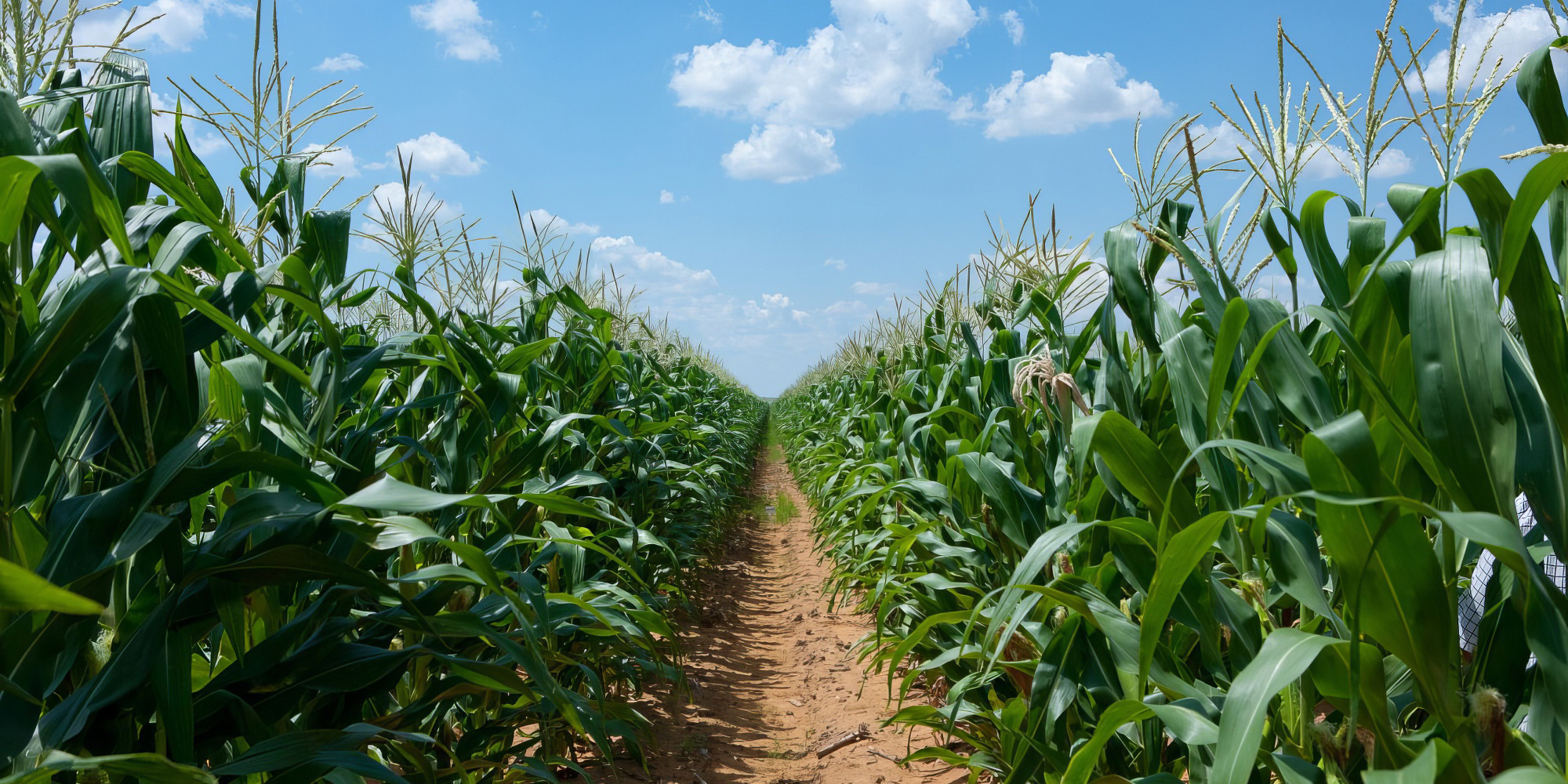
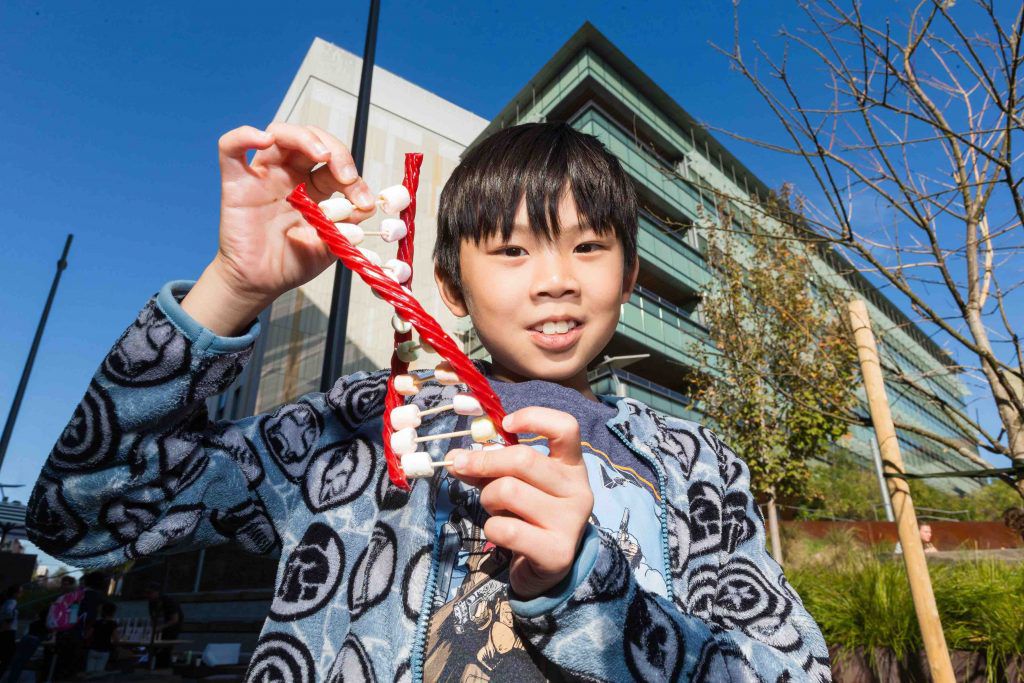
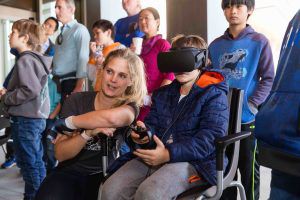
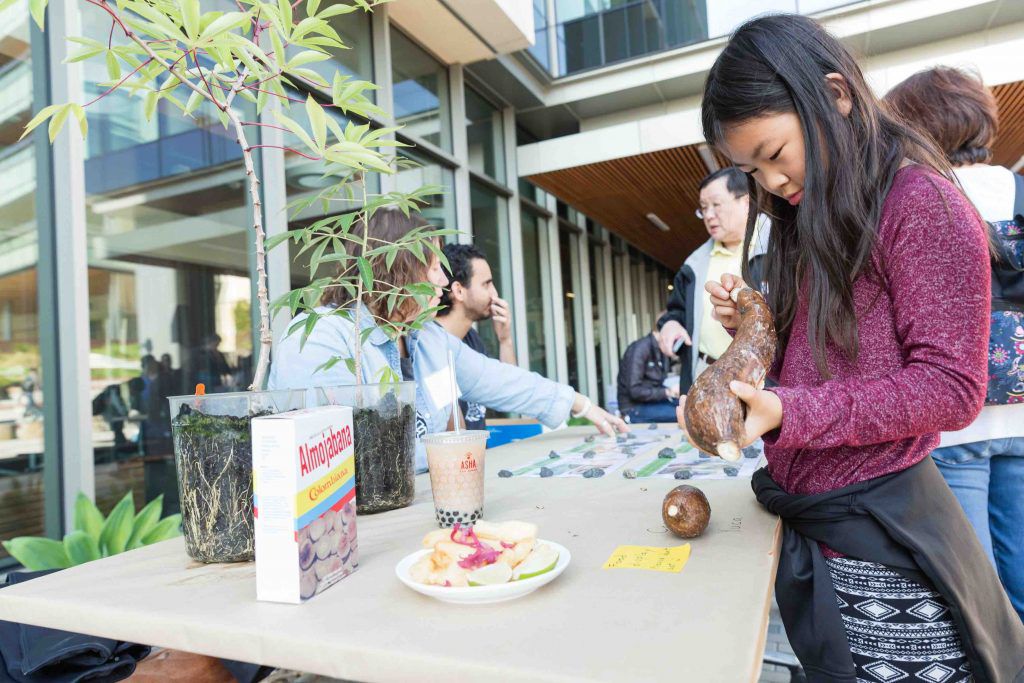
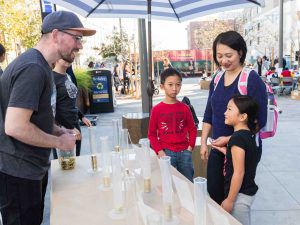
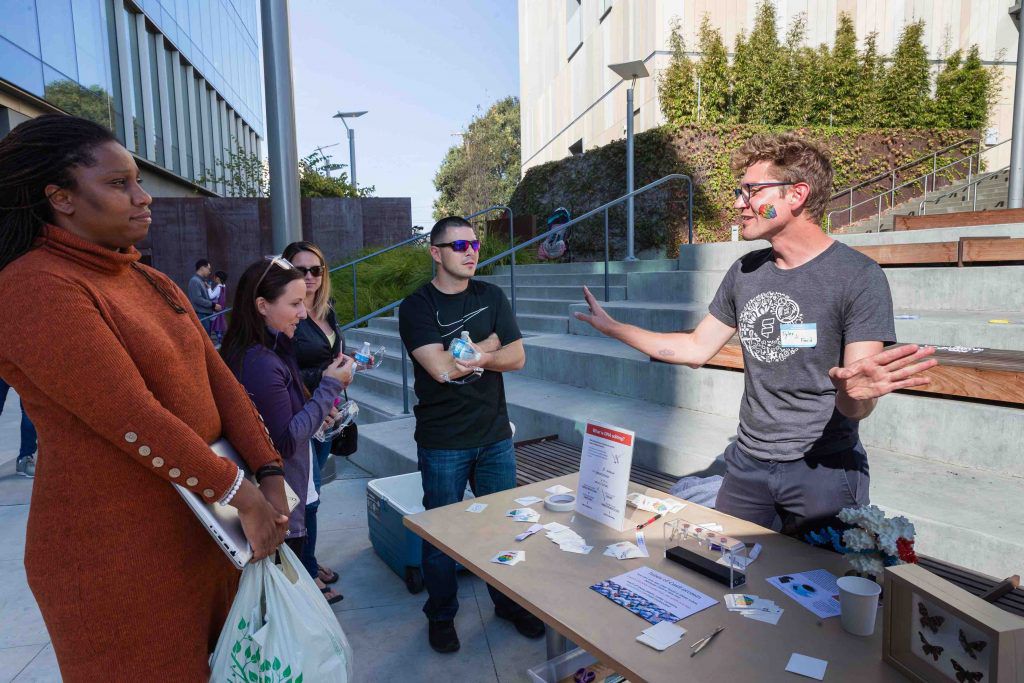
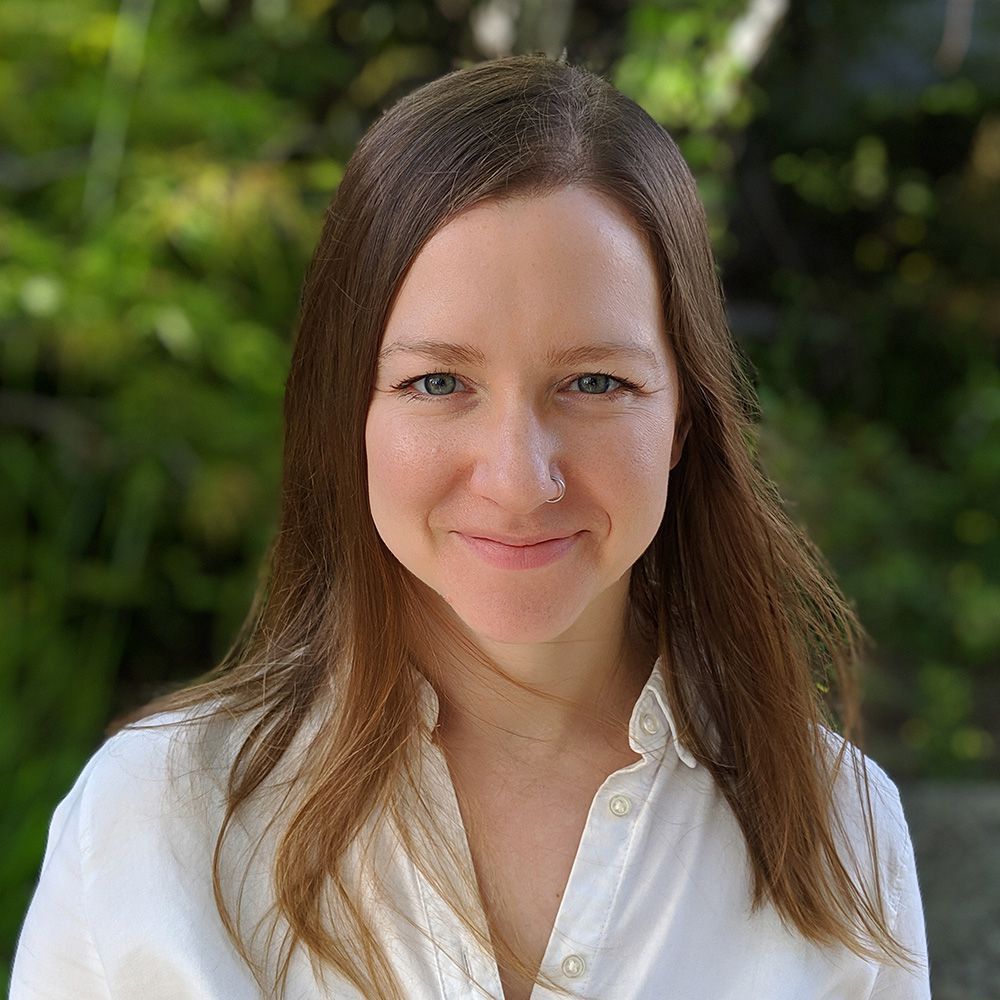 By
Hope Henderson
By
Hope Henderson